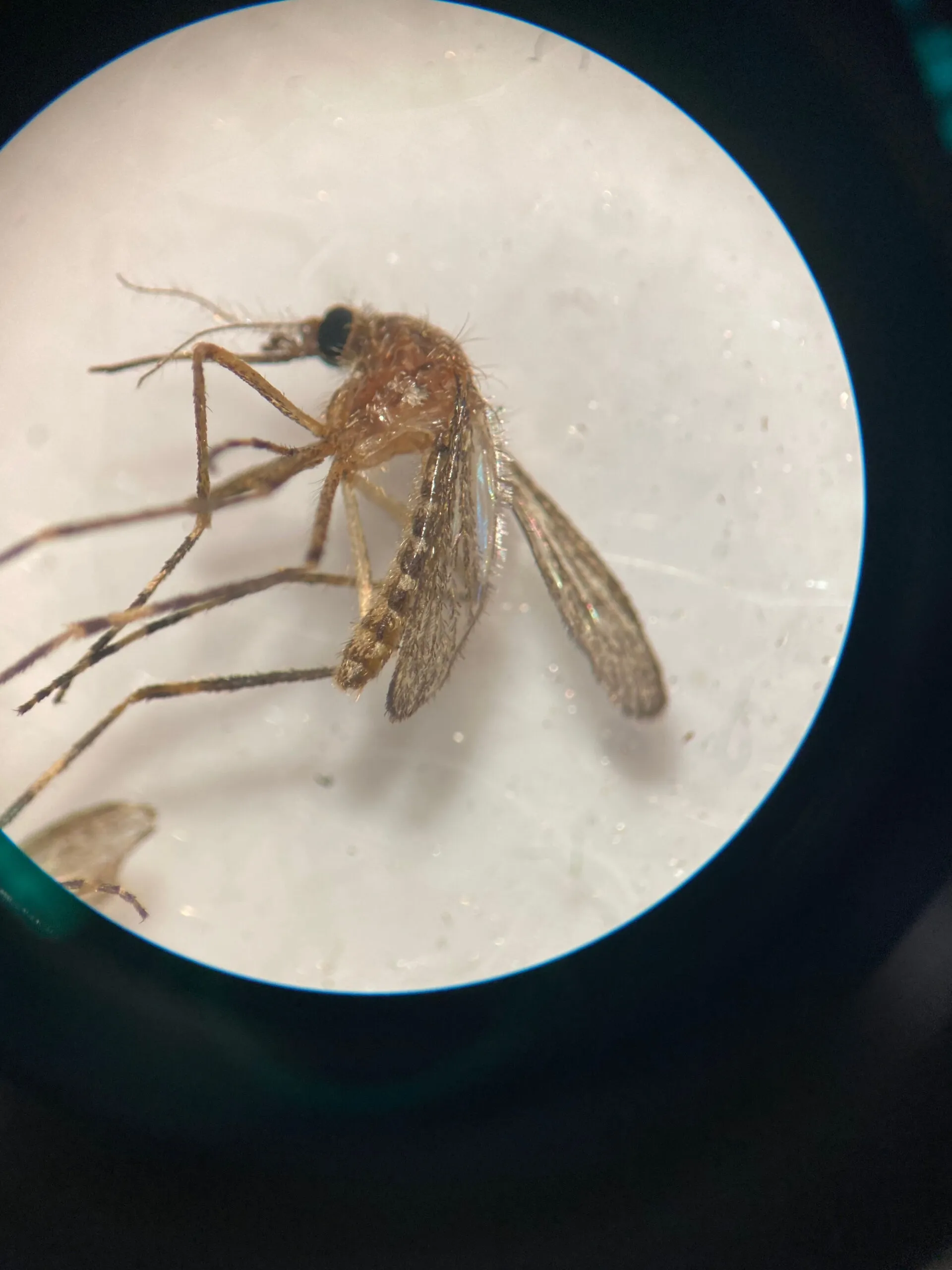Unseen Things: Mosquitoes
When you imagine the world’s most dangerous animal, you most likely think of a large predator. Even if you have memorized the trivia fact that mosquitoes are responsible for more deaths, do you respond the same way to a mosquito entering your field of vision as you would a growling grizzly bear or the sudden appearance of a shark fin by your surfboard? Despite your lopsided reactions to the facts, that mosquito that you don’t see does have potential to significantly alter your health and well being.

Shooing mosquitoes away
When you hear that buzzing in your ear, you may know that these sounds help mosquitoes find each other for mating. Mostly you know that the mosquito is too close for comfort. Shooing the mosquito away in the moment is important and it can be a key to keeping mosquitos out of your outdoor events. Setting up fans to move air at speeds greater than 10 mph will naturally shoo mosquitoes away from you and those you wish to protect.
Swatting mosquitoes flat
Some people feel the proboscis (aka syringe snout) puncture their skin. Others do not. Whether you feel the mosquito or see it, your natural inclination is to swat it. This seems to be the universal case even if it is too late and the mosquito has drunk her fill. This is usually dramatized by your blood being forced out of her innards. While it would be nice to have an automatic swatter, the closest thing you will find are the electric fly zappers that can be hung in areas of concern to help keep mosquitoes away.

Removing breeding sites
Moving on from reflexive responses to mosquito interruptions, you enter the realm of more professional mosquito control. The key to reducing mosquito attacks is reducing the number and size of breeding sites. Mosquitoes breed in three types of areas.
- Freshwater – marshes, ponds, lakes, and even pet dishes may serve as freshwater mosquito breeding sites.
- Floodwater – temporary water collection sites, pond and lake overflow areas, muddy conditions, and small ground indentations may all provide adequate breeding conditions for mosquitoes.
- Containers – natural and artificial containers such as cattail hollows, bottle caps, tires, tree hollows, and any other thing that may contain water will invite certain mosquito species to lay their eggs.

When it rains, when your sprinklers run, and even when the dew collects are all key times to seek out mosquito breeding sites. Identifying them is step one. Step 2 is reducing the chances that water collects there again. These two steps make a big difference in keeping mosquitoes away.

Active attacks
In many cases, all of the above methods will need the assistance of more aggressive attacks on mosquitoes. In one instance, a customer had a home surrounded by acres of marsh, trees and a lake nearby. His deck had a standing selection of mosquito repellants so visitors could create their own defensive cocktail. Within 2 weeks of implementing control measures, Rove Pest Control’s mosquito control measures gave him back the normalcy he desired for his neighborhood hangouts.
Protect yourself, your family, neighbors, and customers with well planned intentional mosquito control. This doesn’t have to be complex. It should be as simple as connecting with Rove and sitting back and smiling a sweet victory.
Autostereogram Solution
The autostereogram puzzle is fun for all ages. For tips on seeing it, go here. Otherwise, you can just scroll through the original image and then the hidden image is found below.


About Rob Greer: Pest Control Expert and Industry Leader
Rob Greer, co-founder of Rove Pest Control, has a deep connection with nature, developed during his upbringing in rural Idaho where he raised horses and cattle. He began his career in pest control in 2001 to support his university studies. After earning a BS in Business Management, Rob, along with Lenny Gray and McKay Bodily, founded Rove Pest Control.
Rob has played a pivotal role in shaping the operational framework of Rove Pest Control, with a focus on personal development for team members, public health awareness, and tailoring services to meet the needs of individuals and communities.
As an Associate Certified Entomologist (ACE) and Subject Matter Expert (SME), Rob has made significant contributions to the pest control industry. He has collaborated on the Minnesota Department of Agriculture’s UMN Extension certification manual and exam development, the National Pesticide Applicator Certification Core Manual for the EPA, and the Quality Pro Customer Service Credential Task Force. His expertise has also been recognized in his testimony for the pest control industry before the Minnesota state legislature as a State Policy Affairs Representative. Currently, Rob serves as the President of the Minnesota Pest Management Association Board. Learn more about Rob Greer.
